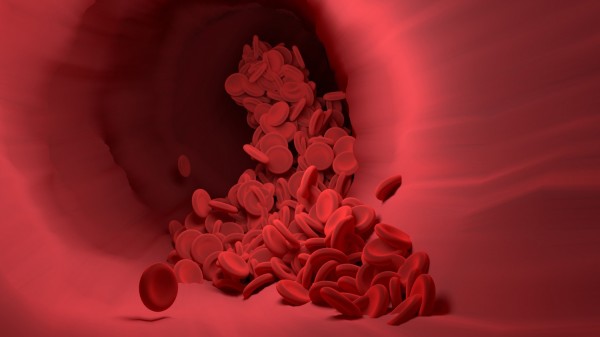Cases of Abnormal Blood Clotting Linked to COVID-19

COVID-19 howls terrors for people who experience the disease themselves and those who are not yet infected. More and more people are getting admitted to hospitals because they were being diagnosed positive for the virus. As of November 2, 2020, the World Health Organization (WHO) accepted reports about 46 million confirmed COVID-19 positive patients and about 1 million deaths due to the virus. While medication for the coronavirus is still on its way, some chronic diseases were linked to COVID-19, such as heart diseases. A new study recently suggests that some of the COVID-19's dangerous blood clots were caused by the immune system attacking the body itself rather than going after the coronavirus.
ALSO READ: Researchers Find a Correlation Between Zinc Deficiency and Poor COVID-19 Outcomes
According to Science News, extreme swelling from an overactive immune response can lead to the clots' formation in severely ill patients. Earlier in the year, it was also reported that the lack of oxygen in the lungs is not just because it is fluid-clogged but also because of the excess blood clots forming in the lungs and that clinical trials went underway to assess different doses of anticoagulants. According to the researcher, some of the coagulation may come from the autoantibodies that go after molecules that form a cell membrane instead of a foreign invader. That will cause the neutrophils to release the web of genetic material that is used for trapping viruses.
In an interview with Science News, Jason Knight, a rheumatologist at the University of Michigan, said that the neutrophils' behavior is applicable in tissues because it is a way to control infections. However, he added that doing that in the bloodstream can trigger thrombosis. According to a Harvard Medical School study, patients hospitalized with severe COVID-19 infections have a high level of a blood-clotting protein called factor V to have higher risks of blood coagulants like deep vein thrombosis or pulmonary embolism. On the other hand, COVID-19 critically-ill patients with low levels of factor V appear to have higher risks for mortality caused by coagulopathy that looks like disseminated intravascular coagulation (DIC) or an abnormality where blood clots form in small vessels throughout the body leading to exhaustion of proteins that control blood clotting.
READ ALSO: Aspirin Might be the First Over the Counter Drug to Help Fight Covid-19
Auto-antibodies
Science News mentioned studies that revealed auto-antibodies could interfere with the immune response to viruses. They added some preliminary work that further suggests that these antibodies that bind various targets may be a common feature in severely ill COVID-19 patients. The researchers added a high number of neutrophils and phospholipid antibodies in the bloodstream's connection to neutrophils releasing traps that trigger clotting.
Jean Connors, a clinical hematologist at Harvard Medical School, said that more works are needed to be done to directly link immune proteins to clotting in people with COVID-19 positive patients. However, the study suggests a possible mechanism on how the clots to form.
The complications of blood clots
According to Healthline, when blood clots form in the veins of COVID-19 patients, they are at a higher risk for diseases such as stroke where blood coagulates on the nerves of the brain, pulmonary embolism where blood clot travels to the lungs and block blood flow, and heart attack where blood flow to the heart tissue is cut off.
READ NEXT: Gilead's Remdesivir, Approved by FDA as COVID-19 Treatment
Check out more news and information on COVID-19 on MD News Daily.
Nov 03, 2020 12:00 PM EST





